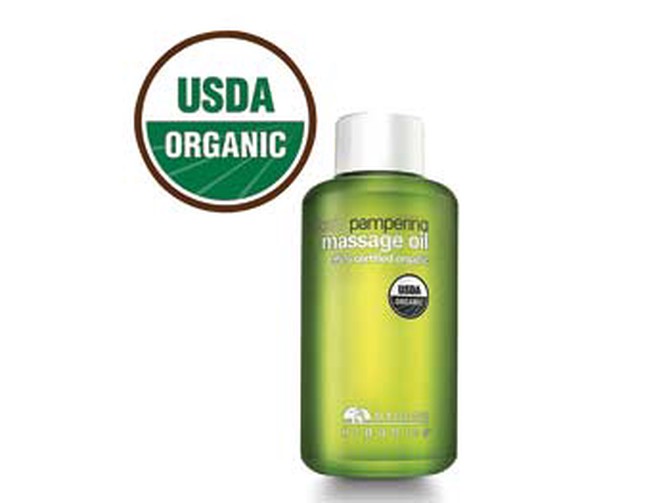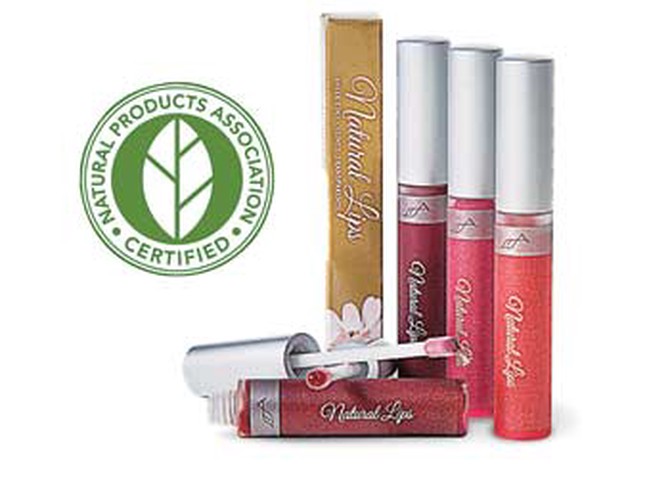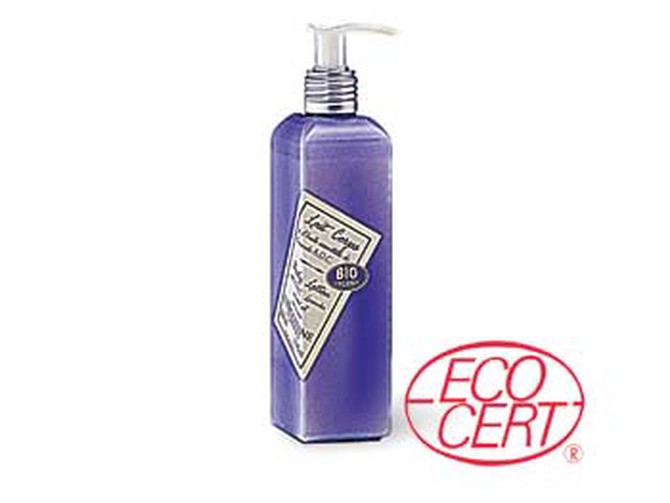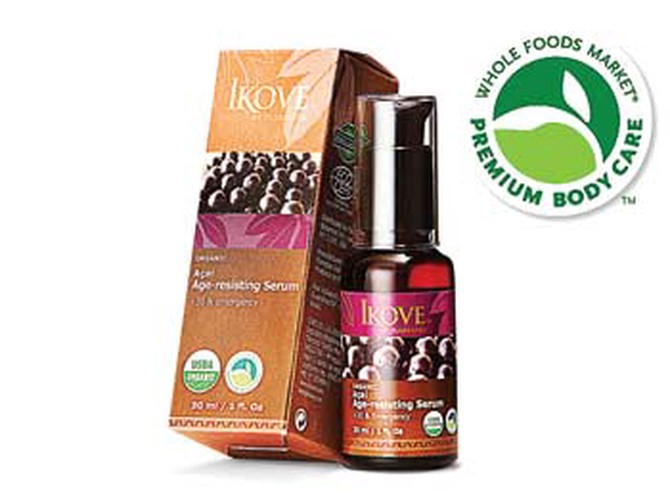Decoding Green Seals

Photo: Courtesy of Origins Organics
USDA Organic
The organization: The United States Department of Agriculture, which provides leadership on food, agriculture, and natural resources.
What's in the product: At least 95 percent natural ingredients that are certified organic (natural and grown without certain pesticides or fertilizers) by the USDA's National Organic Program.
What's not: Any nonagricultural ingredients not approved for use by the NOP (like parabens and phthalates).
Animal testing: Not a criterion
A few who've earned it: Origins Organics, Juice Beauty, Revolution Organics, Organicare, Organic Essence, Nature's Gate Rainwater Organic lotions.
What's in the product: At least 95 percent natural ingredients that are certified organic (natural and grown without certain pesticides or fertilizers) by the USDA's National Organic Program.
What's not: Any nonagricultural ingredients not approved for use by the NOP (like parabens and phthalates).
Animal testing: Not a criterion
A few who've earned it: Origins Organics, Juice Beauty, Revolution Organics, Organicare, Organic Essence, Nature's Gate Rainwater Organic lotions.

Photo: Courtesy of Aubrey Organics
Natural Products Association
The organization: A nonprofit founded in 1936 that represents thousands of retailers, manufacturers, wholesalers, and distributors of natural products, including cosmetics.
What's in the product: At least 95 percent natural ingredients (defined as renewable flora, fauna, or minerals that have not been processed using synthetic chemicals).
What's not: Synthetic ingredients (includes parabens, phthalates, and sodium laureth sulfate) that have a suspected potential health risk, like endocrine disruption, or those (like chemical sunscreens) for which an effective natural alternative exists.
Animal testing: No
A few who've earned it: Certain products from Burt's Bees, Aubrey Organics, and J.R. Watkins.
What's in the product: At least 95 percent natural ingredients (defined as renewable flora, fauna, or minerals that have not been processed using synthetic chemicals).
What's not: Synthetic ingredients (includes parabens, phthalates, and sodium laureth sulfate) that have a suspected potential health risk, like endocrine disruption, or those (like chemical sunscreens) for which an effective natural alternative exists.
Animal testing: No
A few who've earned it: Certain products from Burt's Bees, Aubrey Organics, and J.R. Watkins.

Photo: Courtesy of L'Occitane
ECOCERT
The organization: An internationally recognized, private organic certification organization founded in France in 1991 that conducts inspections in 80 countries.
What's in the product: At least 95 percent natural ingredients; at least 10 percent certified organic ingredients (and environmentally conscious packaging).
What's not: Most synthetic ingredients, including fragrances and colorants, parabens, petrochemicals, and silicones.
Animal testing: No
A few who've earned it: Physicians Formula Organic Wear Makeup, Care by Stella McCartney skincare, some L'Occitane (above) products.
What's in the product: At least 95 percent natural ingredients; at least 10 percent certified organic ingredients (and environmentally conscious packaging).
What's not: Most synthetic ingredients, including fragrances and colorants, parabens, petrochemicals, and silicones.
Animal testing: No
A few who've earned it: Physicians Formula Organic Wear Makeup, Care by Stella McCartney skincare, some L'Occitane (above) products.

Photo: Courtesy IKove
Whole Foods Market Premium Body Care
The organization: A nationwide chain of grocery stores that specializes in natural and organic products.
What's in the product: "Primarily" natural ingredients (there is no specific qualifying percentage).
What's not: More than 5 percent petroleum, or any of over 250 synthetic ingredients, including parabens, sodium lauryl and laureth sulfates, polypropylene glycol, chemical sunscreens.
Animal testing: No
A few who've earned it: Certain products from EO, Alaffia, and Ikove.
What's in the product: "Primarily" natural ingredients (there is no specific qualifying percentage).
What's not: More than 5 percent petroleum, or any of over 250 synthetic ingredients, including parabens, sodium lauryl and laureth sulfates, polypropylene glycol, chemical sunscreens.
Animal testing: No
A few who've earned it: Certain products from EO, Alaffia, and Ikove.
From the January 2009 issue of O, The Oprah Magazine

